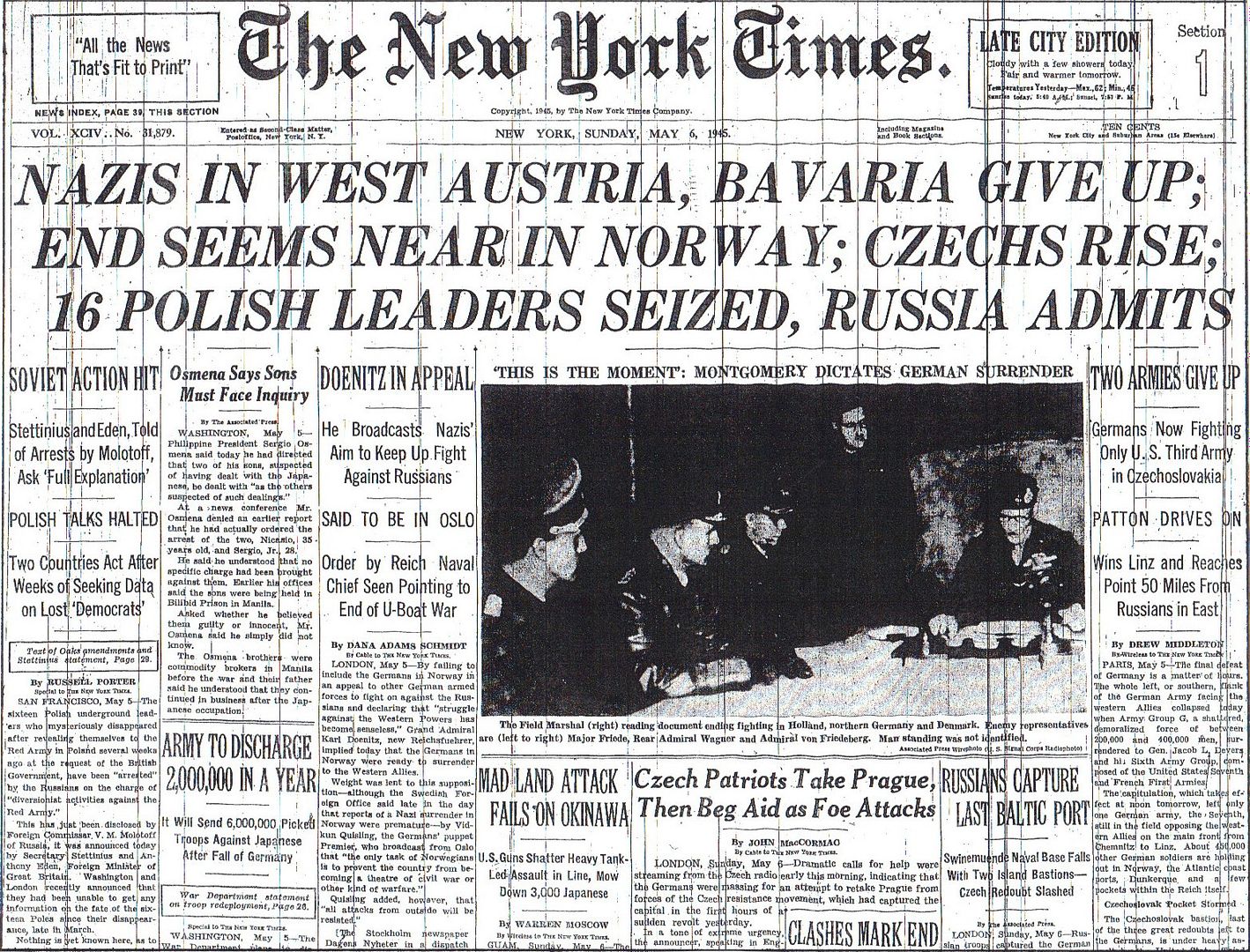
Posted on 05/06/2015 4:29:56 AM PDT by Homer_J_Simpson

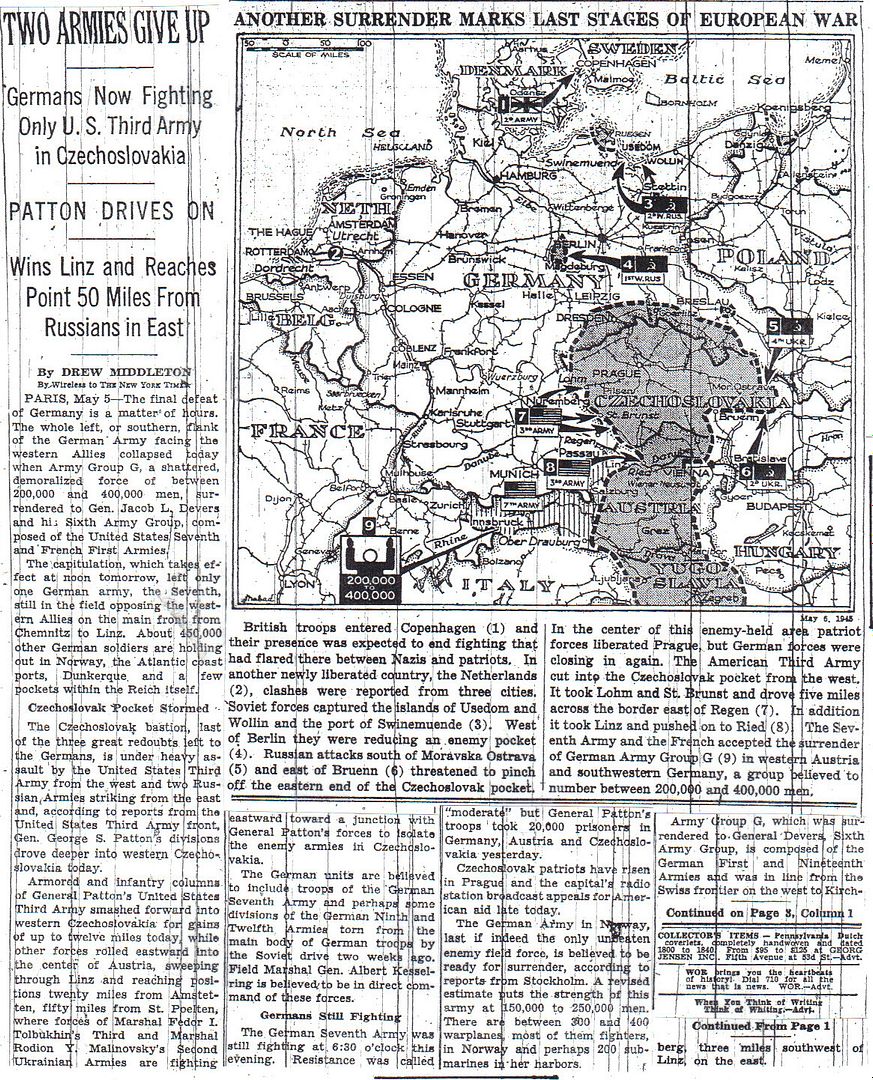
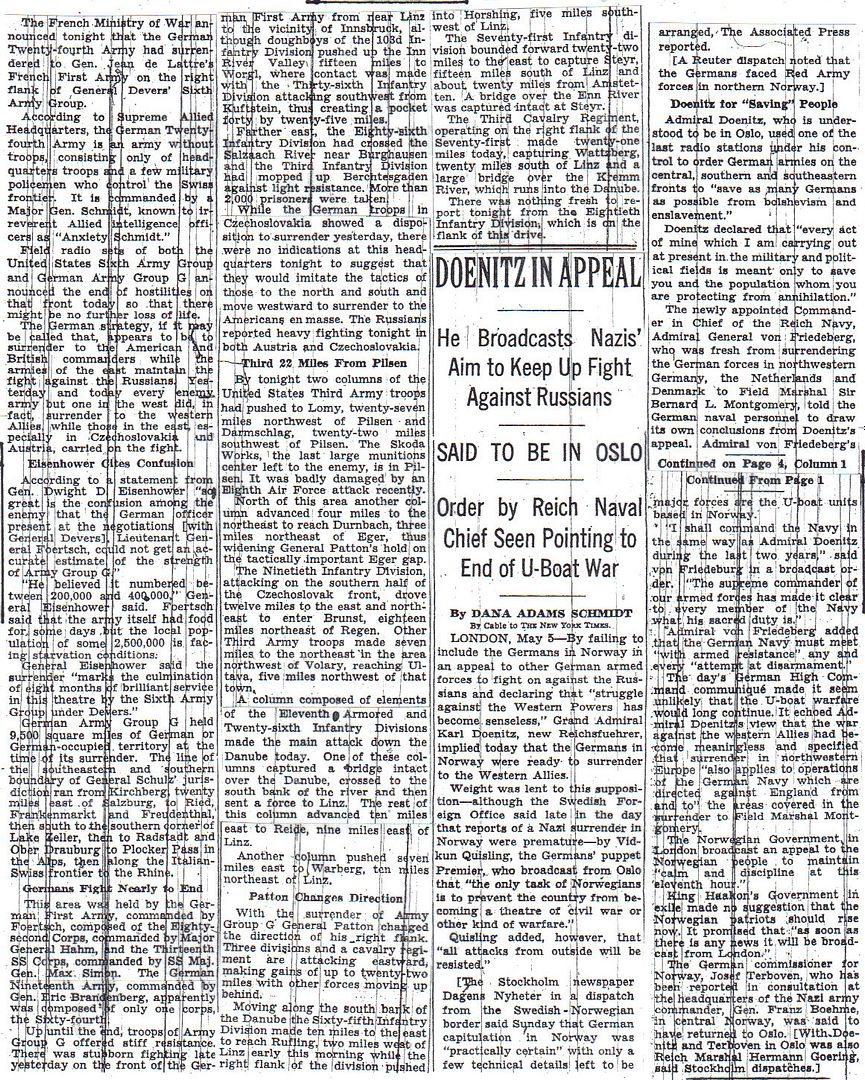
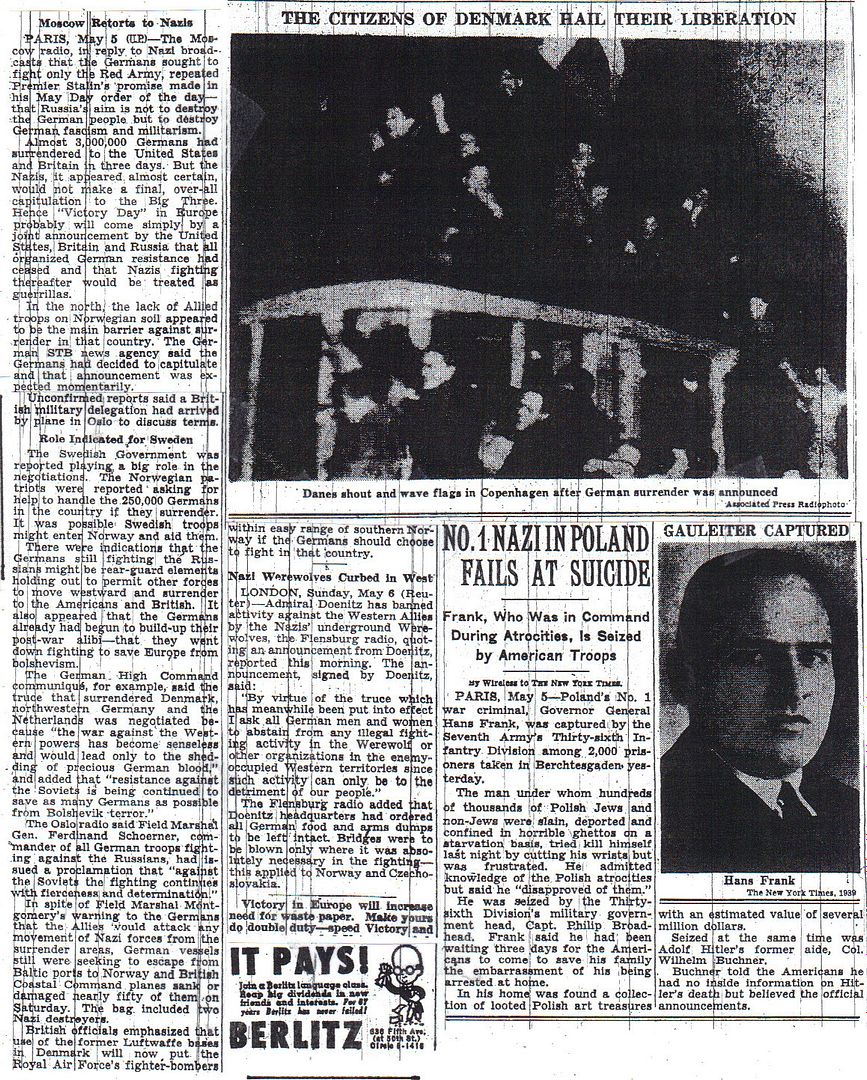
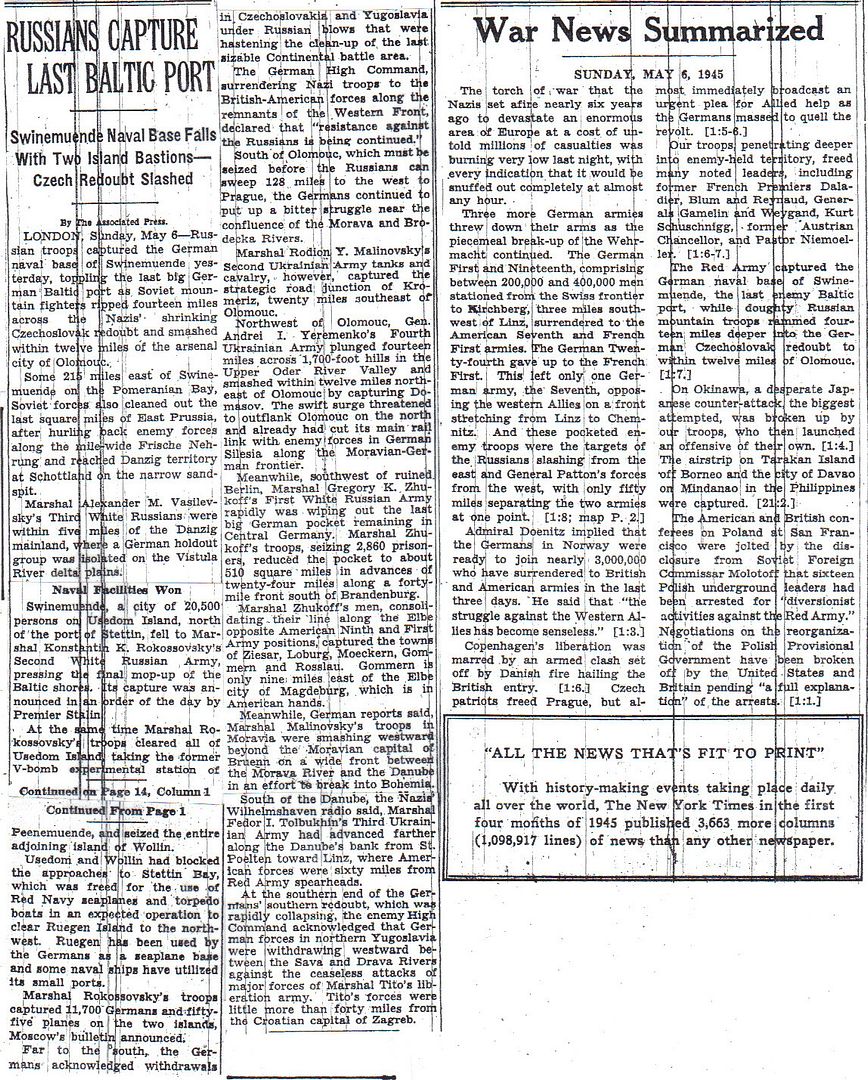
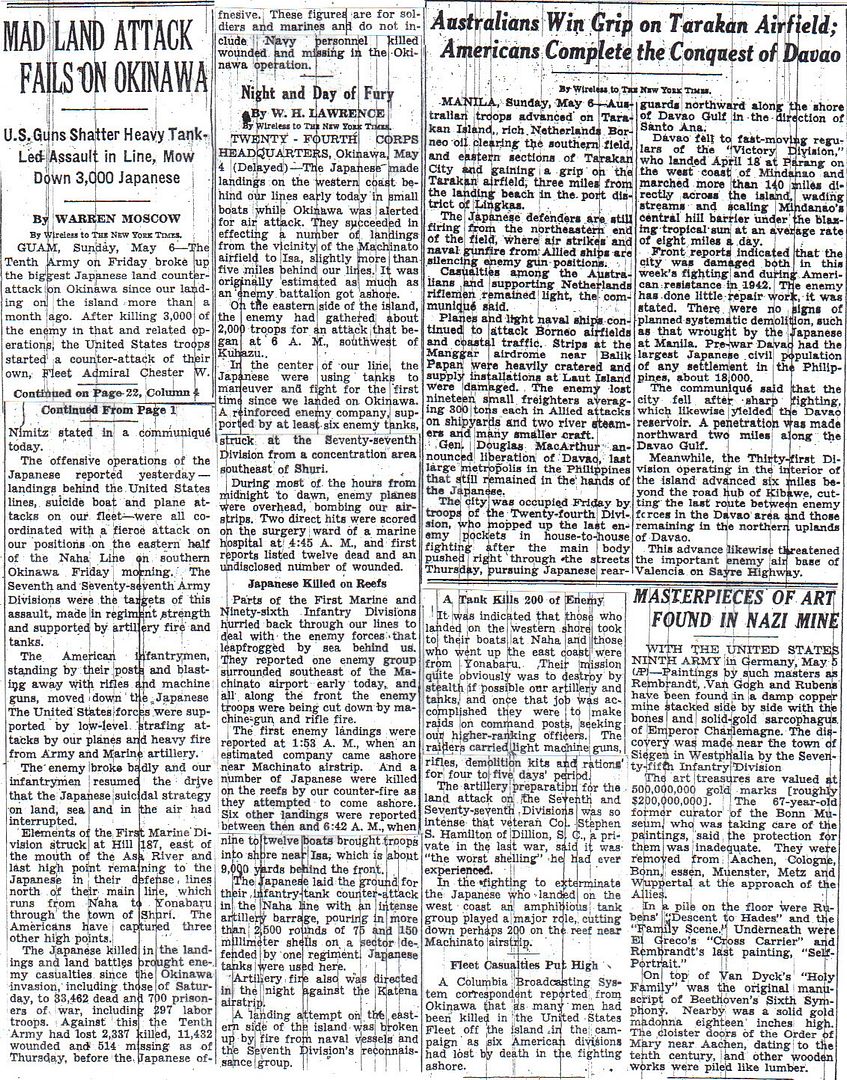
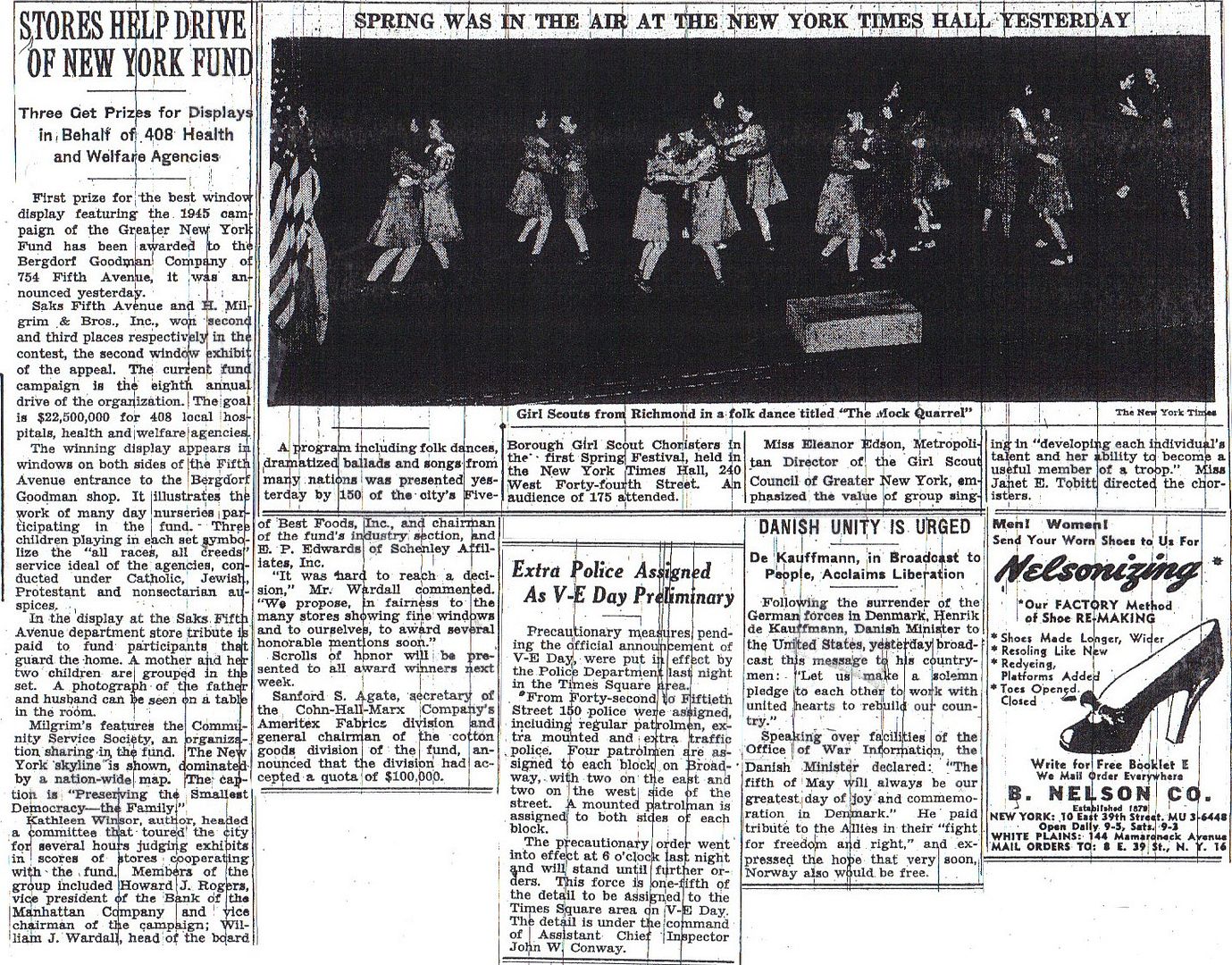
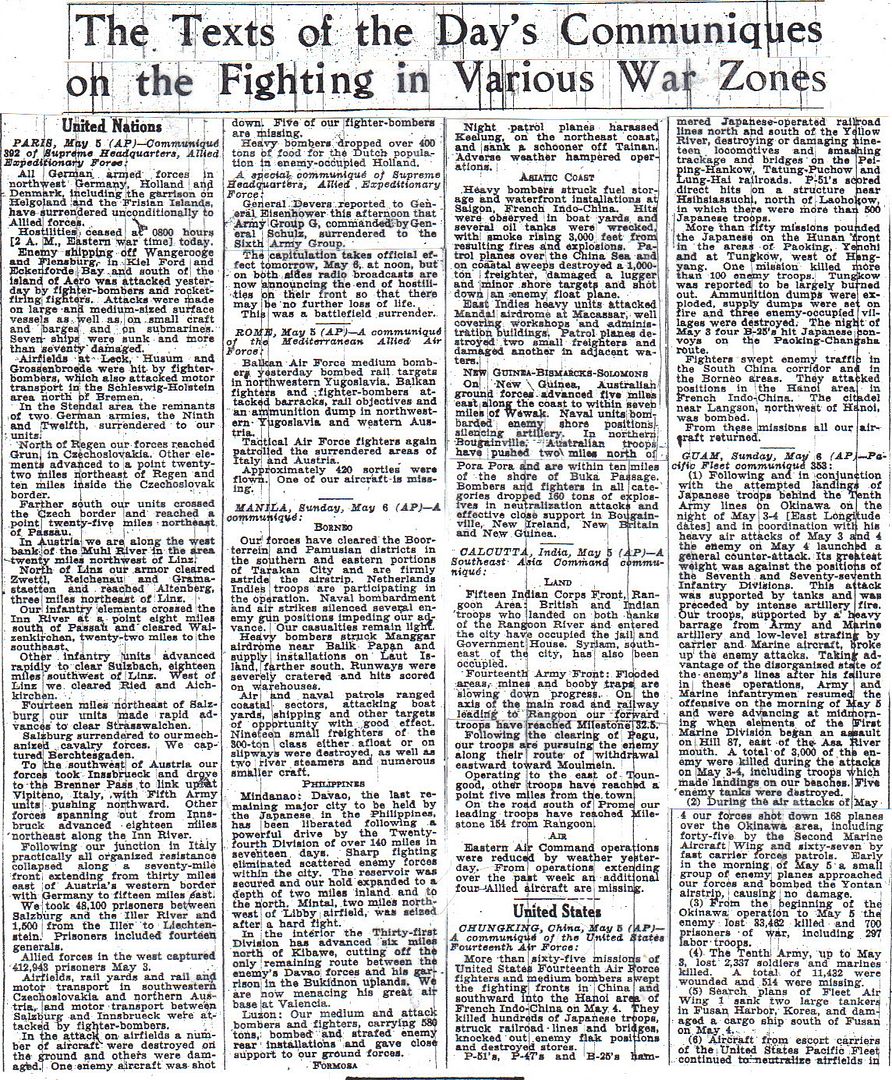
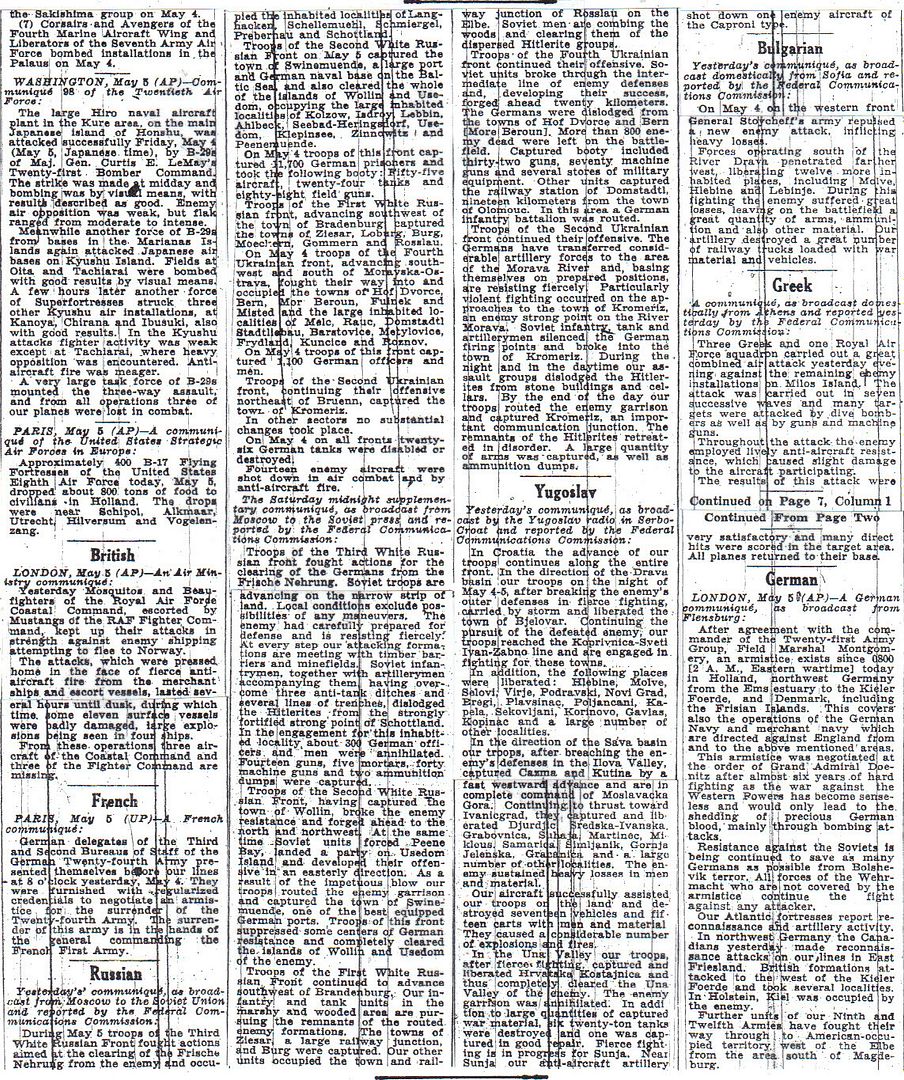
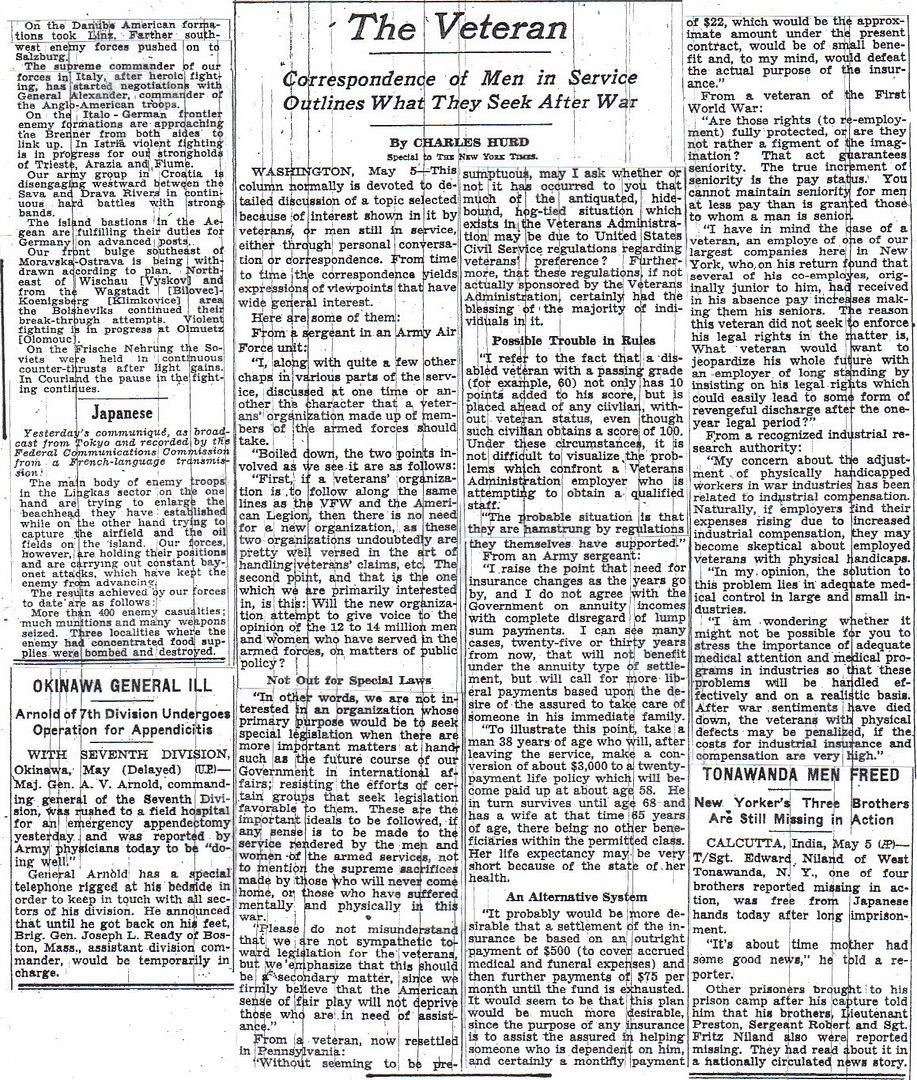
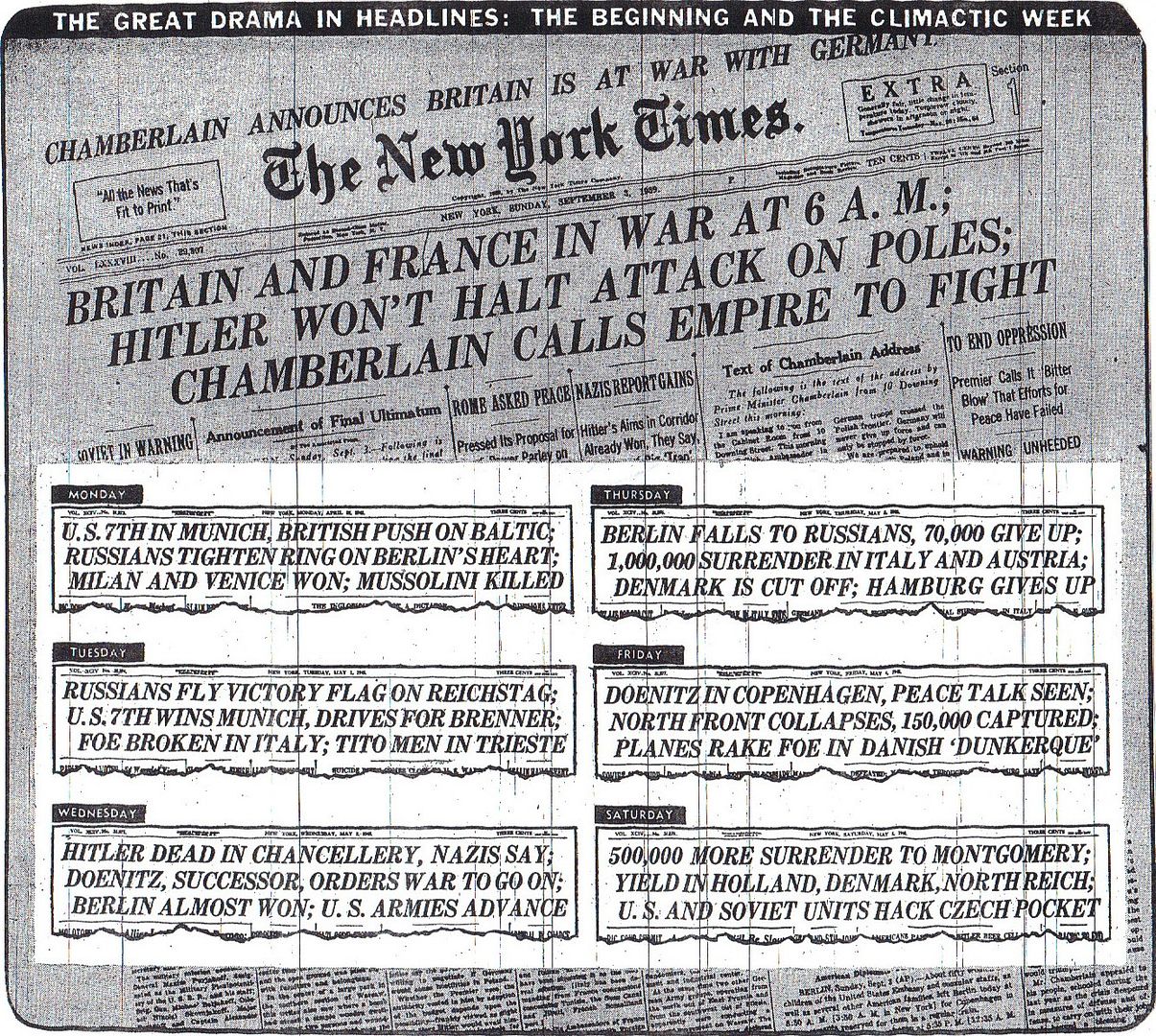
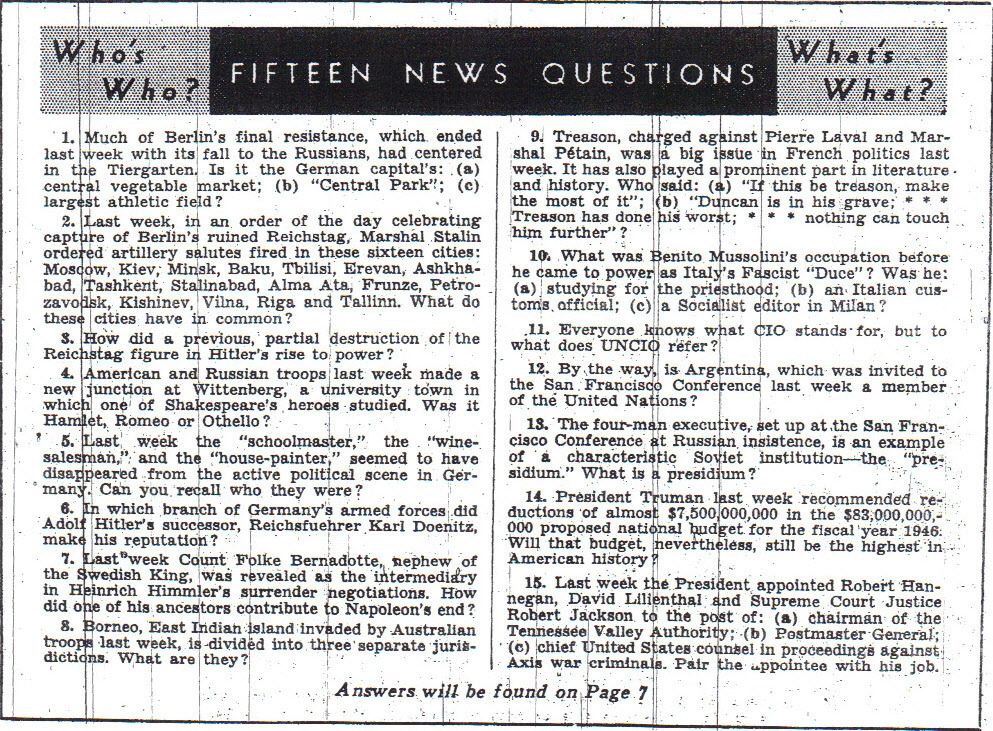
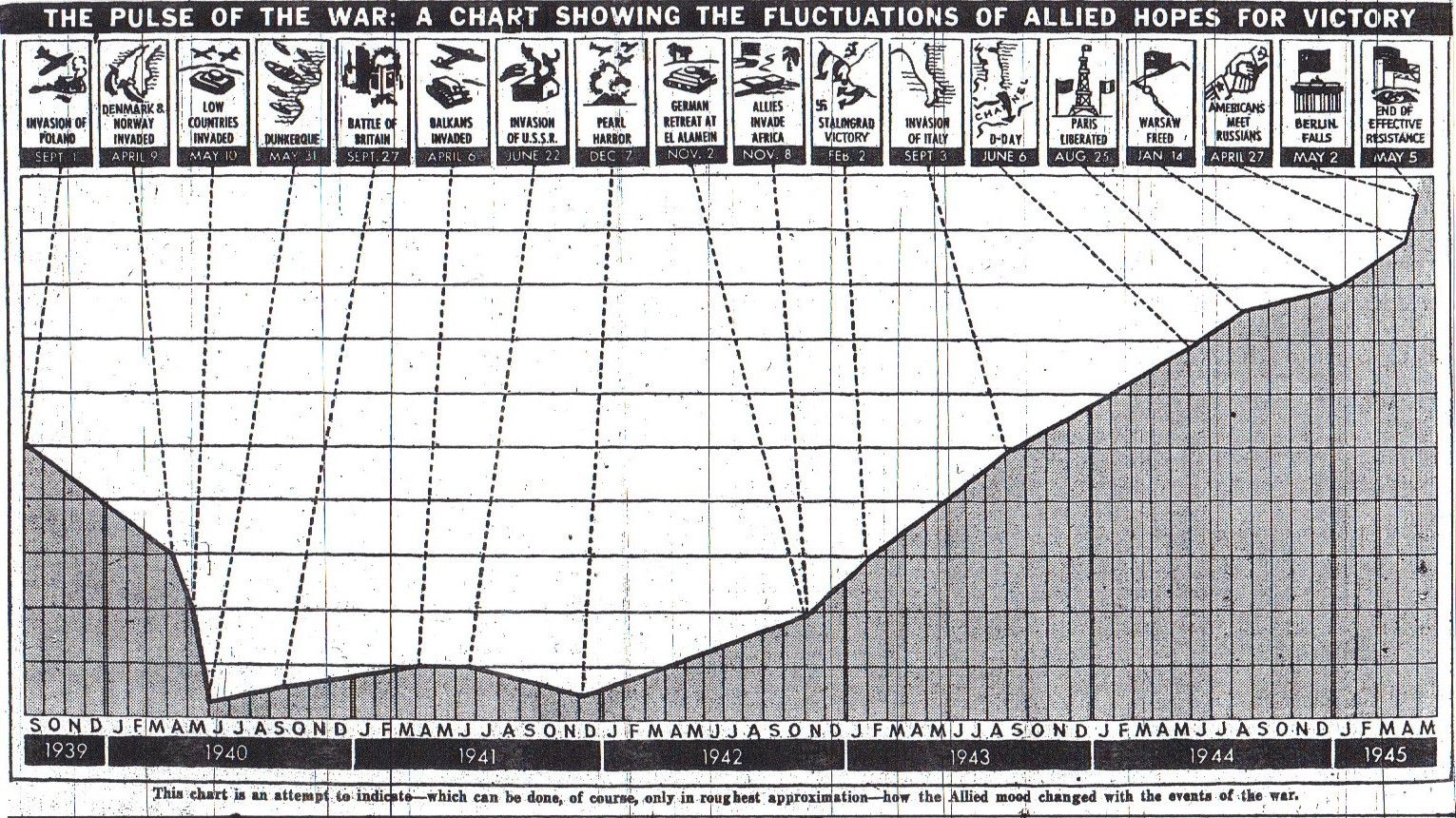
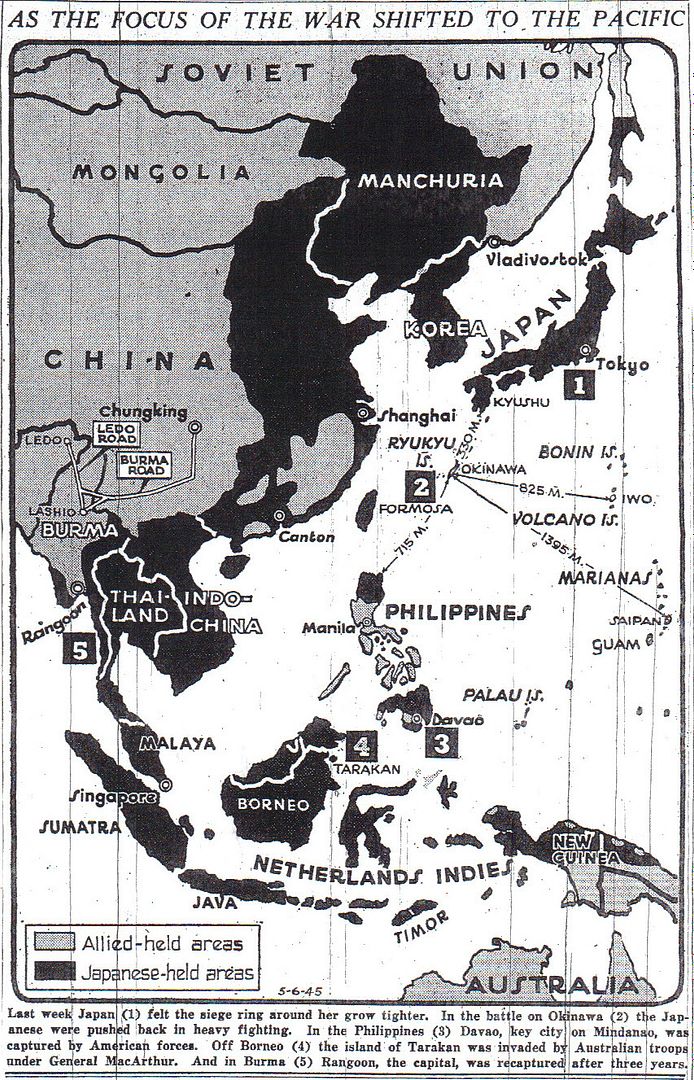
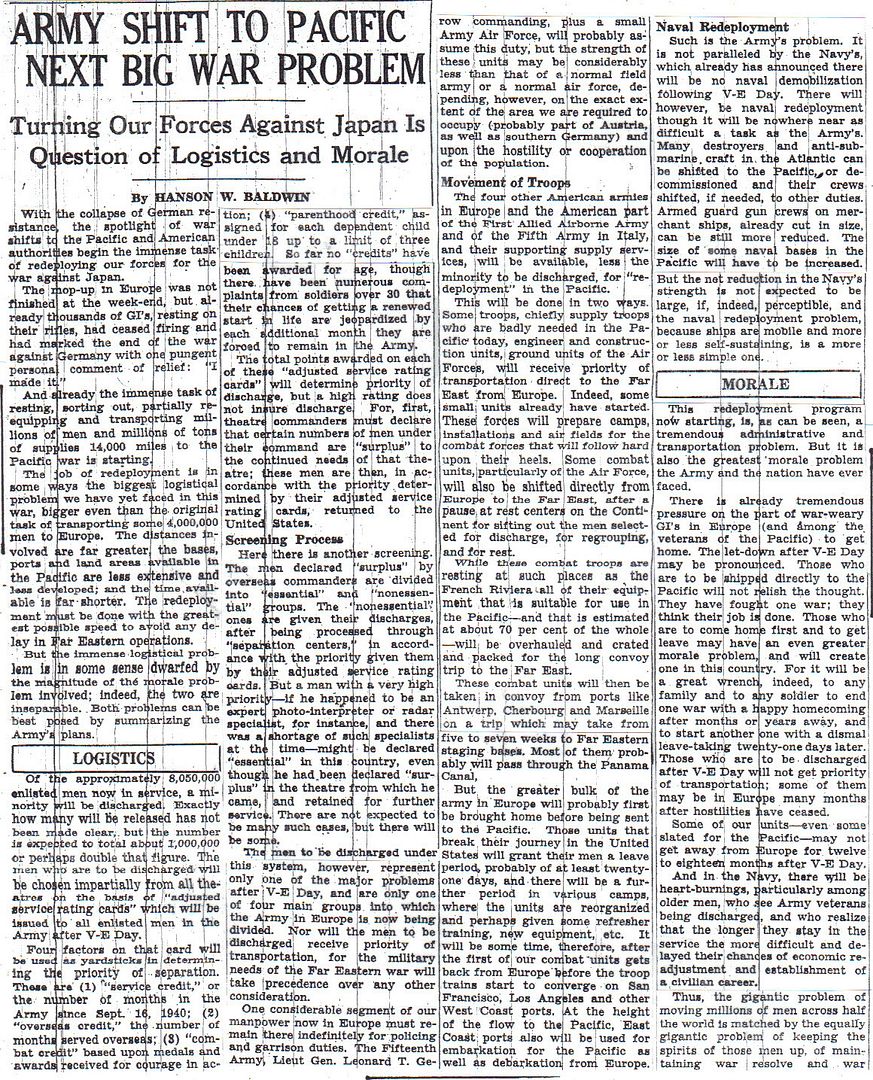
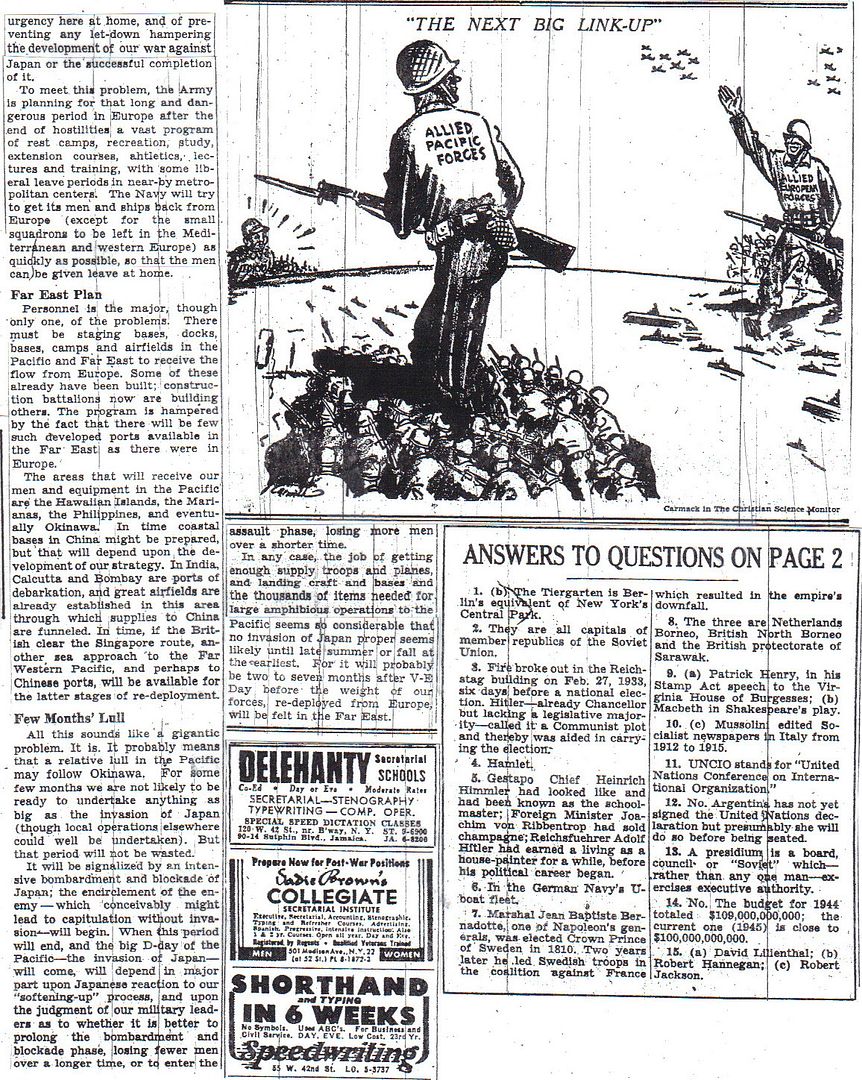
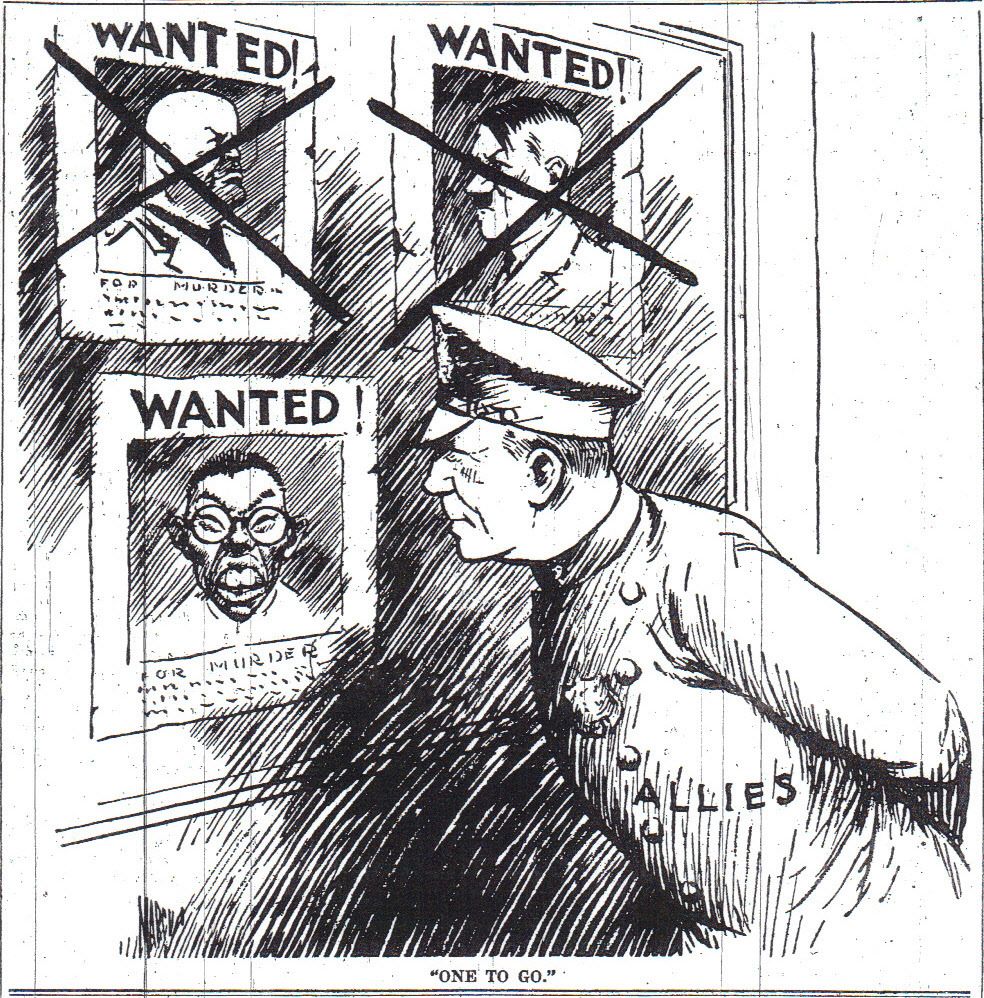
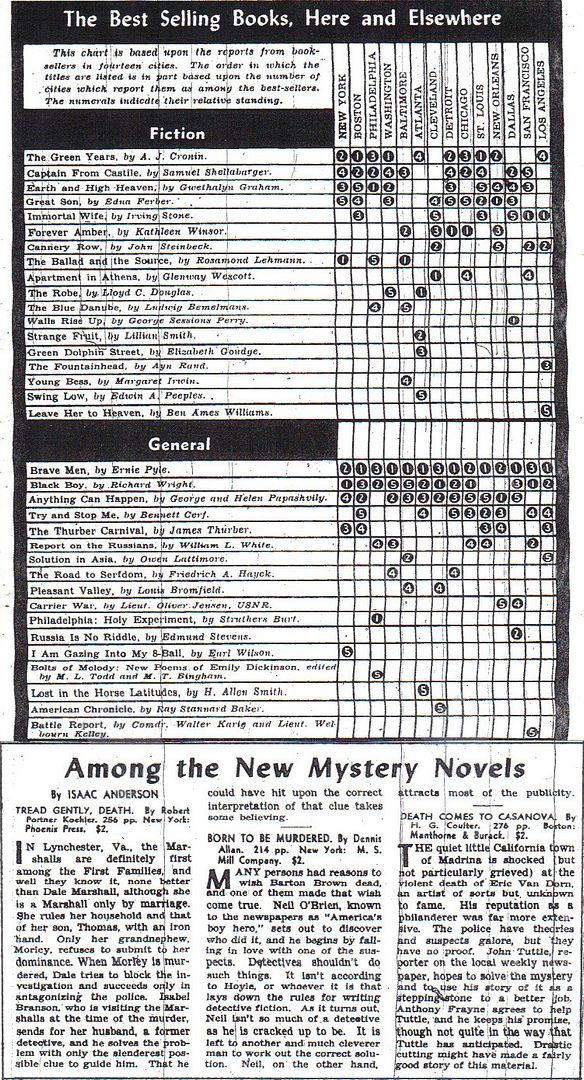
I agree with henkster, that the U.S. Army could not have defeated the Red Army and taken back Eastern Europe, much less parts of the Soviet Union. Patton's statement was, characteristically, hyperbole.
Our infantry would have been badly outnumbered.
We have discussed on numerous occasions the problems of the Sherman tank. The only reason we could defeat German armor was by outproducing them in large numbers. The Pershing had not been produced in any significant numbers and production was not being ramped up. The T-34 was a darn good tank in its day.
Our artillery was superior, but again badly outnumbered.
Perhaps most significant, our soldiers, senior leaders and the American people were in no mood to support another European war after have just won this one. All anyone wanted was our boys home as soon as possible.
Roosevelt was a squish whose administration was shot through with Soviet agents. But negotiations are generally not about who is tougher or more blustery, but about bargaining power. Who had the chips?
What was Roosevelt's hand at Yalta? We were mired on the German border having just pushed the Bulge back to where we started on December 15. A tough fight for the Rhineland and the Rhine crossing were still ahead of us. The Russians, on the other hand, were 40 miles from Berlin. The Red Army occupied most of the Baltics, Poland, Romania, Bulgaria and was invading Hungary and Yugoslavia. Churchill made his private "naughty" side deal with Stalin for who would have how much influence in each Eastern European country.
Looking at this picture, most prognosticators would have been worried about the Russians taking not only Berlin but most of Germany before we and the British could get there. Getting Stalin to agree to share post-war Germany in thirds and Berlin in thirds looked like a pretty good deal. He also agreed to a coalition government in Poland including non-Communists, a deal he would break right around the time we are now discussing. Had we insisted on unequal zones of occupation with the Russians getting a smaller zone not including Berlin we would have had a war on our hands in with the Russians in February 1945 in addition to an un-won war with the Germans.
So, what about Patton and Simpson dashing to Berlin in the Spring after the German collapse in the West? Could Patton have taken Berlin in two days? No. As the German perimeter shortened there would have been enough Nazi fanatics or men with guns pointed at their backs to inflict sharp casualties to take land that was already earmarked for the Soviet zone of occupation. Worse, as henkster uncovered, there was significant sentiment in the Red Army that if we tried to take Berlin, which they regarded as their prize for the suffering in the East, they would have started lobbing shells in our direction. That would put a damper on Alive in 45.
Prague is a different question and I would have been inclined to occupy it. I'm not sure it would have made a difference. We were not going to occupy Czechoslovakia for the long term anyway. But, I understand Ike's thinking. The Russians reacted badly to the idea, so there was the possibility of conflict. Also, it made a lot of sense to send Patton to gobble up as much of Austria as he could to prevent the Sovs from dominating there.
I don't share your view of Ike. At the end of the day his broad front strategy worked, although there is plenty for us armchair strategists to debate. He also held together a very difficult coalition with an insubordinate Montgomery perhaps more difficult to deal with than the Russians. And, he ended the war in a way that minimized American casualties, especially with the guys Ernie Pyle admired most.
Having read and considered a number of things here, I am coming around to one point EV makes. We should have tried to take Prague. Too often we get wrapped up in an argument about “Berlin and Prague” as though they were a package deal. For the many reasons I can come up with to not try to take Berlin, I would just assume they applied to Prague. But they did not. In fact, I don’t think a single argument in favor of not taking Berlin applies to not taking Prague.
Czechoslovakia was an occupied ally or potentially so. Czech units fought for both the USSR and the Western Allies. We never cut a deal with the USSR to partition an allied state. It was not subject to any occupied Axis status the way Italy, Romania, Finland or Hungary was. It was really more like Belgium or Poland. Now, we weren’t going to beat the Red Army to Poland any more than they were going to beat us to Belgium. But Czechoslovakia was a jump ball.
Without an excessive violation of henkster’s law, Patton could have occupied the Czech lands around Prague before the Soviets got there. On the other hand, they were probably going to beat us to Slovakia. The result would be the partition of Czech Republic from Slovakia, which wound up happening when they got around to it anyway.
And I doubt I’ll ever go beyond that in an “evolution” of my alternate reality.
“While I believe that the US had the Soviets outclassed in the air the Red Army would have outclassed the US Army in armor.”
Russian quality may have fallen off since then in some areas.
https://www.youtube.com/watch?feature=player_embedded&v=S93ebaJXtXU
I hate to date myself, but I served in the days of the M60A1 and T-62. We crawled all over a T-62 the Israelis had captured and it was a real piece of crap. No quick disconnects, so it would have taken hours to pull a power pack. Some genius came up with a great space utilization idea for the dead space in the ammo storage honeycomb next to the driver - they made it into a fuel tank.
When Patton first arrived on the Czech border the Red Army still hadn't taken Breslau and was a long way from Prague. They might have screamed about it but they could not have stopped Patton from taking Prague. Occupying the Czech part of the country might have given the non-communists enough of a boost to avoid the Soviet orbit.
In accordance with henkster's law, however, I'm still not sure it would have led to a different ultimate outcome. Because of the betrayal at Munich, the Western powers were not real popular in post-War Czechoslovakia.
IIRC, at that time the Russians had taken Slovakia and deposed the puppet regime there. I also seem to have read that at least some of the Czech government in exile had gone there after liberation.
Americans were popular; we had cigarettes, chocolate and nylon stockings. The Czechs knew the Russians only had vodka, and they weren’t sharing.
I don’t see how the Soviets could legitimately had a beef with us taking Prague. There were no deals regarding Prague and it was liberating an oppressed fellow ally. And what were the Soviets going to do if we had? Reneg on all their deals?
Oh, wait...they did that anyway.
Americans are pretty nice folks. Maybe the Czechs would have regarded us as different blokes from the British and French who sold them out. A little chocolate can go a long way . . .
RE post 81 you have echoed my thoughts pretty closely.
Some production numbers in round numbers from my research last night.
M4 Sherman 50,000
M26 Pershing 2,200
M36 Gun motor Carriage (90mm TD)less than 2,000
T34-76 35,000
T34-85 49,000
Men under arms in the ETO
US Army & Air Force 2.2 Million
Red Army best guess about 5 million
I tried last night several times to reply but the fat fingers kept deleting the posts so I quit.
Regards
alfa6 ;>}
Ladislas Farago did a pretty good bio of Patton called
“Patton: Ordeal And Triumph”
He also wrote a book about Patton’s death
“Last Days of Patton”
Regards
alfa6 ;>}
Thanks, alfa!
It was quite a while ago but I thought that was a great book.
While of course the exercise has extreme limitations, I think it quite useful to entertain a certain number of “might have beens,” if nothing else as a personal educational tool.
I don’t quite share your “fatalistic” view of history, so I think it’s good to regularly ask yourself what you might have done in a given situation, even though it is not possible to ever actually put such ruminations to the test.
The judgement and decision-making of every individual are the pivots upon which history turns. Of course, some pivots are more decisive to overall history than others, depending on a given individual’s position and power. But we should always be trying to learn what we can from the past, if we desire to have the best influence we can on the present and the future, as the God of Providence places us where He wills.
The USSR also produced a number of other effective weapon systems, like the self propelled SU series assault guns and Katyusha rocket launchers. They were good for what they needed against the Germans. To a large extent, the United States Army and Red Army were apples and oranges. We had different requirements, strengths and limitations. But it would be foolish to dismiss the Red Army as inferior. The Germans found that out the hard way.
Disclaimer: Opinions posted on Free Republic are those of the individual posters and do not necessarily represent the opinion of Free Republic or its management. All materials posted herein are protected by copyright law and the exemption for fair use of copyrighted works.